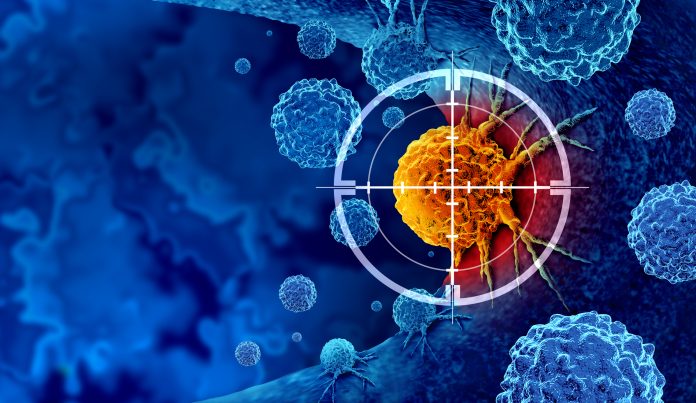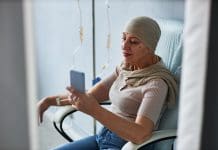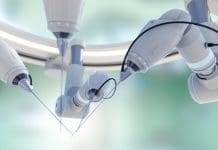A new set of initiatives, funded under the EU4Health 2024 Work Programme, has begun, continuing to support Europe’s Beating Cancer Plan
Seventeen newly launched projects under EU4Health 2024 will focus on improving cancer prevention, reducing risk factors and bettering early detection across Europe.
Together, they aim to close gaps in access to information, increase participation in screening, and strengthen healthcare systems across diverse regions and populations.
Improving cancer prevention across Europe
A large share of the new EU4Health 2024 projects centres on boosting health literacy, a critical foundation for empowering citizens, improving prevention efforts and supporting informed health decisions. Several initiatives will target inequalities between urban and rural areas, different regions of Europe and socio-economic groups.
Projects such as CURTAIN, INTERVENE, CHOICE, BCLEAR and CLEAR-PC are dedicated to raising awareness and improving understanding of cancer risks, symptoms and prevention pathways.
Their work will address various cancer types, from breast cancer linked to BRCA1 and BRCA2 mutations to bladder and prostate cancers, as well as broader disparities affecting citizens, patients and healthcare providers. Another central area of focus is preventing cancers caused by infections.
The Joint Action SHIELD will lead efforts to eliminate cancers linked to HPV, hepatitis B and C and HIV. This work will be supported by five complementary projects designed to reach underserved or vulnerable populations.
Among these, PACE aims to reduce the burden of HPV and viral hepatitis in carceral settings by improving vaccination rates, screening, and access to healthcare services.
HEP-HOP will work to remove barriers preventing migrants and refugees from accessing viral hepatitis prevention and care by strengthening community-based screening and culturally adapted outreach. HUMANCODE will help increase HPV vaccination rates in Eastern Europe by training health professionals and implementing innovative vaccination strategies. At the same time, CROSS-LINK will improve prevention and care for HIV, sexually transmitted infections and hepatitis among marginalised groups in Greece, Spain and the Netherlands. MOBHOPE will enhance mobile liver health services by optimising operational models and improving access for vulnerable populations.
Two further projects will expand prevention efforts to tobacco and emerging nicotine products. The Joint Action SAFE will promote smoke- and aerosol-free environments, while its supporting project RELIEF will focus on reducing exposure to new tobacco products among school-aged children.
Advancing early detection and cancer screening
Early detection is crucial to the EU’s cancer strategy, and several new projects will enhance imaging and screening efforts across Member States.
The UNICA initiative will expand the European Cancer Imaging Initiative by incorporating breast, lung and prostate cancer screening data into the EU’s federated imaging infrastructure.
BreastSCan will contribute one of the largest and most diverse breast cancer imaging datasets compiled in Europe, further enriching the EUCAIM platform and supporting innovation in diagnostics.
EU-GAINS will support the International Agency for Research on Cancer in developing European guidelines for the primary prevention of gastric cancer and advancing quality assurance schemes. It will also deliver the third EU report on the implementation of cancer screening recommendations.
The LAPIN project will explore the relationship between tobacco exposure and lung cancer epidemiology, developing a forecasting tool to model lung cancer burden across different groups. Its work will build on both European and US experiences to streamline future strategies and avoid duplication.
The EU4Health 2024 programme remains the EU’s most significant health initiative, designed to strengthen resilience and improve health systems in the long term. Through these new projects, the programme aims to reduce disparities, improve access to prevention and screening and build a more equitable approach to cancer care across Europe.











